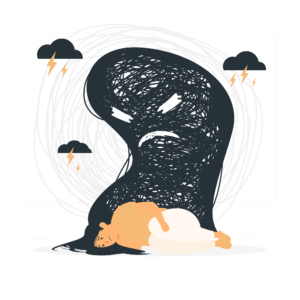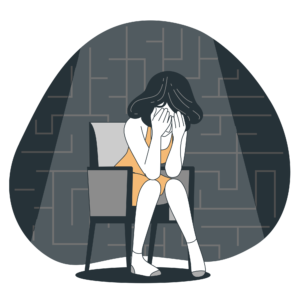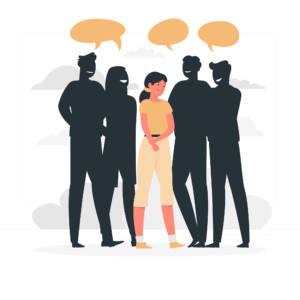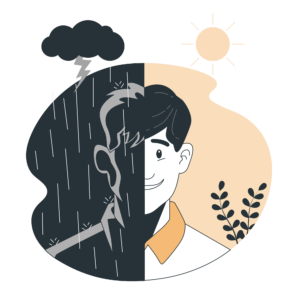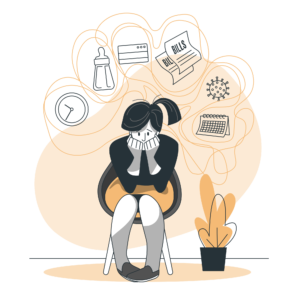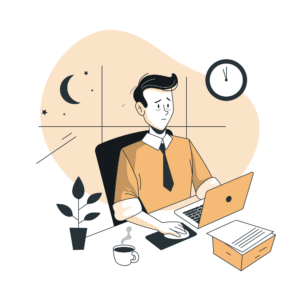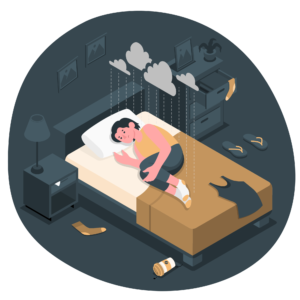


Treatment – How to get help?
Main methods of treatment against opioid addiction are:
Therapies using methadone or buprenorphine
these are opioids that cause us intoxication when the correct dose is used as they help eliminate withdrawal symptoms
Addiction treatment counseling
withdrawal management, day treatment, mutual help groups like Narcotics Anonymous).
If you, or your loved one experience the above symptoms, don’t hesitate to contact us. We can guide you to the right support and services.


